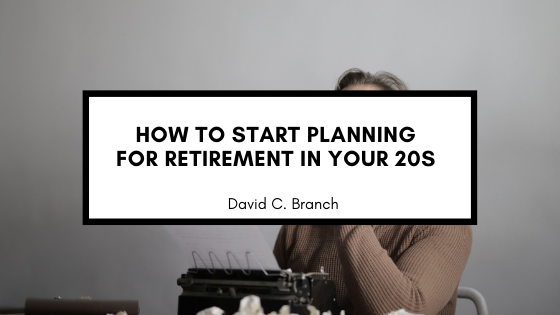When you’re in your 20s ready to start a life on your own, retirement may seem like a very distant goal that can be postponed. In reality, now is the ideal time to start planning for retirement. Your goals should not only include the financial aspects, but also the lifestyle, such as where you want to live and the freedom that you want to afford. Here are some tips for how to start planning for retirement in your 20s.
Educate Yourself About Retirement Accounts
Retirement accounts, such as 401(k) plans and IRAs, are ways for you to invest your money. The idea is that the dividends and interest will help you live a dream retirement. A 401(k) plan is offered through most larger employers, and the contributions are pre-tax deductions in your paycheck. This also helps reduce the amount of income tax that you owe each year. Another option is starting your own IRA. You make contributions according to your own schedule and budget. These contributions are also tax deductible.
Make Smart, Aggressive Investments
If you are curious about the stock market, investments are a great way to build a retirement account for yourself. Start small until you understand the fluctuations in the stock market. Early adulthood is a time when you can take more risks with investments, and you may also see a much larger gain.
Savings Accounts
Savings accounts are always good for retirement. Although you won’t see the same return as a retirement account or investments, setting aside money is always a good idea. Young adults should also get into the habit of using a portion of their savings for emergency expenses. This helps to reduce the reliance on credit with high interest rates.
Stay Committed
As you move forward with your plan to grow financially in support of a dream retirement, there will be many times when you are tempted to use the funds for other purposes. Stay committed to your plan, and focus on the long-term goals. Even if you can only contribute a small amount of your income towards retirement, you will see real results over the next 40 or so years.

